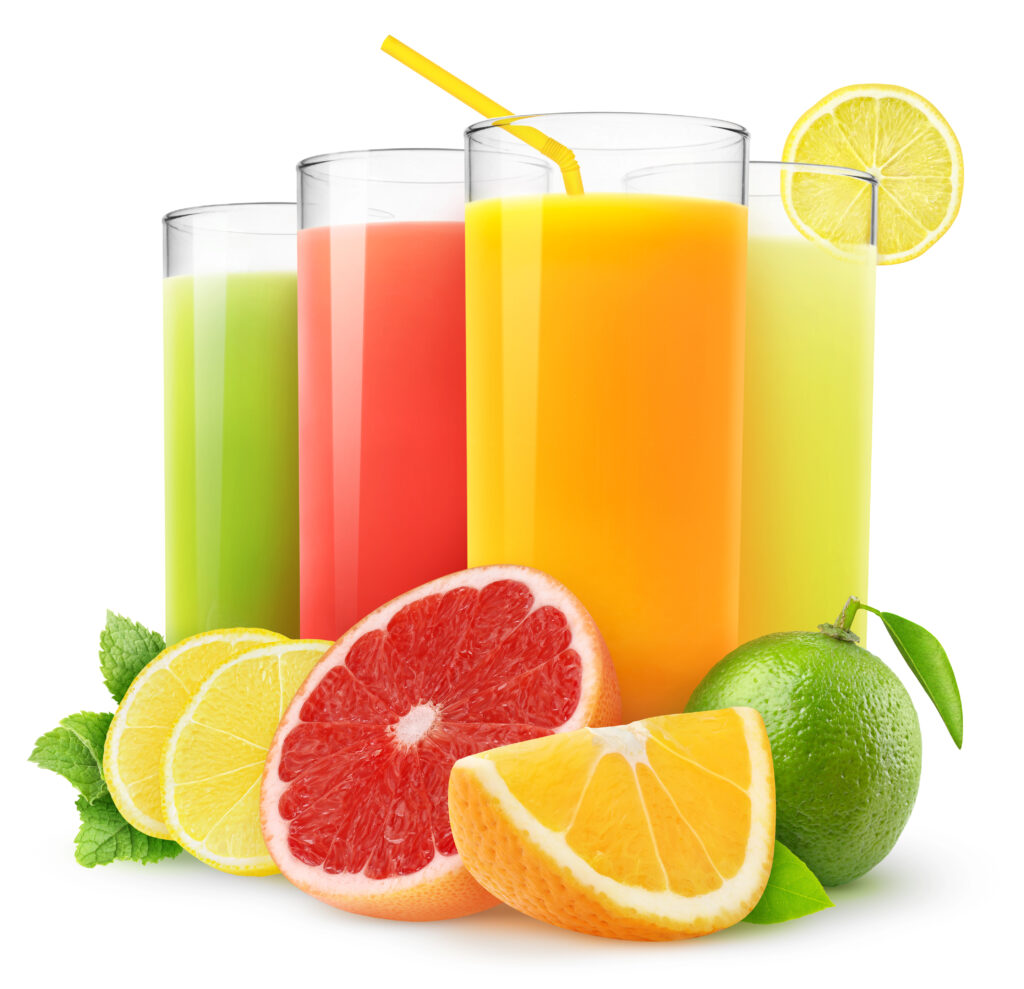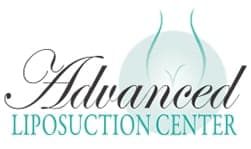Best Food to Eat After Liposuction to Speed Up the Recovery

Have you undergone liposuction surgery recently? You must be very excited to live with your desired body, right? But first, you need to give some time to your body to recover from the wounds of the surgery so that you can get the best results.
However, this doesn’t mean you should just rest on your bed all day until you are fully fine. It’s guaranteed that the removed fat won’t come back after liposuction but that happens if only you don’t follow a proper diet plan. If you don’t follow a healthy lifestyle, unfortunately, the fat may come back which will make your surgery pointless.
A healthy diet won’t only avoid the fat from coming back but it will speed up the healing process as well. That’s why here’s a diet plan that is good for post-op liposuction patients to get satisfactory results.
What Should You Eat Regularly?
There is a misconception about liposuction that you are allowed to eat whatever you want once the surgery is done. But the truth is the opposite, there are many things that you should avoid since some of your favorite food make it hard for your body to heal. That’s why you should take the following food products after surgery.
- Probiotics
Everyone knows probiotics for containing good bacteria that help your body to work well and get rid of bad bacteria as well. And the good news about them is that they can be used to improve your recovery too.
If your doctor has prescribed you some antibiotics, you must start taking probiotics in your meal soon.
Antibiotics may cause diarrhea, however, probiotics can prevent it.
In addition, they will also restore the gut bacteria and speed up the healing process.
Examples of best probiotics are:
- Yogurt
- Kefir
- Miso
- Tempeh
- Pickles
Proteins
Protein is the most common nutrient your body needs after liposuction. Not only liposuction, but protein is also essential after every kind of surgery. Since for recovery, your body needs enough amount of protein.
Protein can easily regenerate damaged muscle tissues and skin, help to heal the wounds of the surgery, and reduce the common swelling of lipo. It’s that many non-vegetarian products like eggs and meat are rich in protein but there are some good options for vegetarians as well, some of this food include:
- Leafy green vegetables
- Almonds
- Nuts
- Seeds
- Beans
- Broccoli
- Milk
- Soy food
Some good non-vegetarian food is rich in protein.
- Chicken breast
- Lean beef
- Eggs
- Seafood
- Red meat
Bland Food
Bland food is also a great option to boost liposuction recovery since it’s easy to digest, your digestive system will get a lot of time rest. It will a great to consume it, especially if your surgery area is near your stomach.
Some good bland foods are:
- Roasted chicken without skin
- Fruits and veggies
- Brown rice
- Hot cereals
- Banana
- Bread and toast
- Fruit juices
- Boiled potatoes
Take Small Meals Instead of Big ones
Instead of eating 3 times a day, try to eat 5-6 small meals a day. This will help you maintain energy levels and boost metabolism as well. It will also help you to avoid unhealthy foods as eating, again and again, will prevent hunger.
Stay Hydrated
By not drinking enough water you are making your recovery process harder. It’s recommended to drink at least 8 times a day.
Taking lots of fluids will help you flush all the medicines out of your body, this includes anesthesia as well.
In addition, your body loses a lot of liquid during the surgery which can lead to dehydration. It will also prevent constipation, since if you get constipation during the liposuction recovery, your wounds may bleed when too much pressure is applied during the bowel movements.
So make sure you stay hydrated 24 hours, it will make the recovery process rapid and Keep your skin clear as well.
What Else Can I Do To Speed Up Recovery
Now since the list has ended don’t leave Immediately because eating healthy foods isn’t the only thing that will speed up your recovery, you must do some other things too! These include:
Avoid Smoking
Smoking and other kinds of nicotine are harmful at any time, but they are exacerbated during recovery. Nicotine usage reduces blood flow, which might lengthen the healing process and put you at risk of infection.
Move Out From Your Bed
Allow your body to relax and heal after liposuction for the first 24 hours. Light exercise, such as brief walks, can assist speed up the body’s healing process after the first 24 hours.
During the first few weeks, avoid any strenuous exertion. Your surgeon can advise you on what activities are permitted and when you should resume them.
Keep The Treated Area Clean
After liposuction, infection is a typical complication.
By changing the dressings and bandages and keeping the wounds dry and clean, you can lessen the risk of this happening.
Avoid Getting Wet
Soaking in water might slow down the healing process and raise your risk of infection.
Until you’ve been healed, don’t take a bath, soak in a hot tub, or submerge your body in any water.
Consider getting a light massage instead of soaking in the tub to release any tension that has built up. But make sure to not take any baths until your doctor doesn’t allow you!
How long does the recovery period typically last after liposuction?
The duration of the recovery period after liposuction can vary depending on several factors, including the extent of the procedure, the individual’s overall health, and the specific techniques used. However, in general, the initial recovery phase typically lasts about 1 to 2 weeks. During this time, patients may experience swelling, bruising, soreness, and discomfort in the treated areas.
After the first 1 to 2 weeks, most individuals are able to resume their normal daily activities, although it is important to follow the post-operative care instructions provided by the surgeon. While the initial recovery phase may be relatively short, it can take several months for the swelling to fully subside and for the final results of the liposuction procedure to become apparent.
It’s important to note that every individual’s recovery process is unique, and some individuals may experience a faster or slower recovery. Your surgeon will be able to provide you with a more accurate estimate of the recovery period based on your specific circumstances.
What are the potential risks or complications that can occur during the recovery period?
During the recovery period after liposuction, there are potential risks and complications that can arise. While most liposuction procedures are performed without any significant issues, it’s important to be aware of potential complications. Some of these risks include:
- Infection:
Although rare, infections can occur after liposuction. Signs of infection include increased pain, redness, swelling, pus, or fever. Prompt medical attention is necessary if an infection is suspected.
- Bleeding
Excessive bleeding during or after the procedure can occur, leading to hematoma (collection of blood) or prolonged healing. It may require drainage or additional medical intervention.
- Fluid accumulation
Seromas, which are pockets of fluid that accumulate beneath the skin, can develop after liposuction. They may require draining to promote proper healing.
